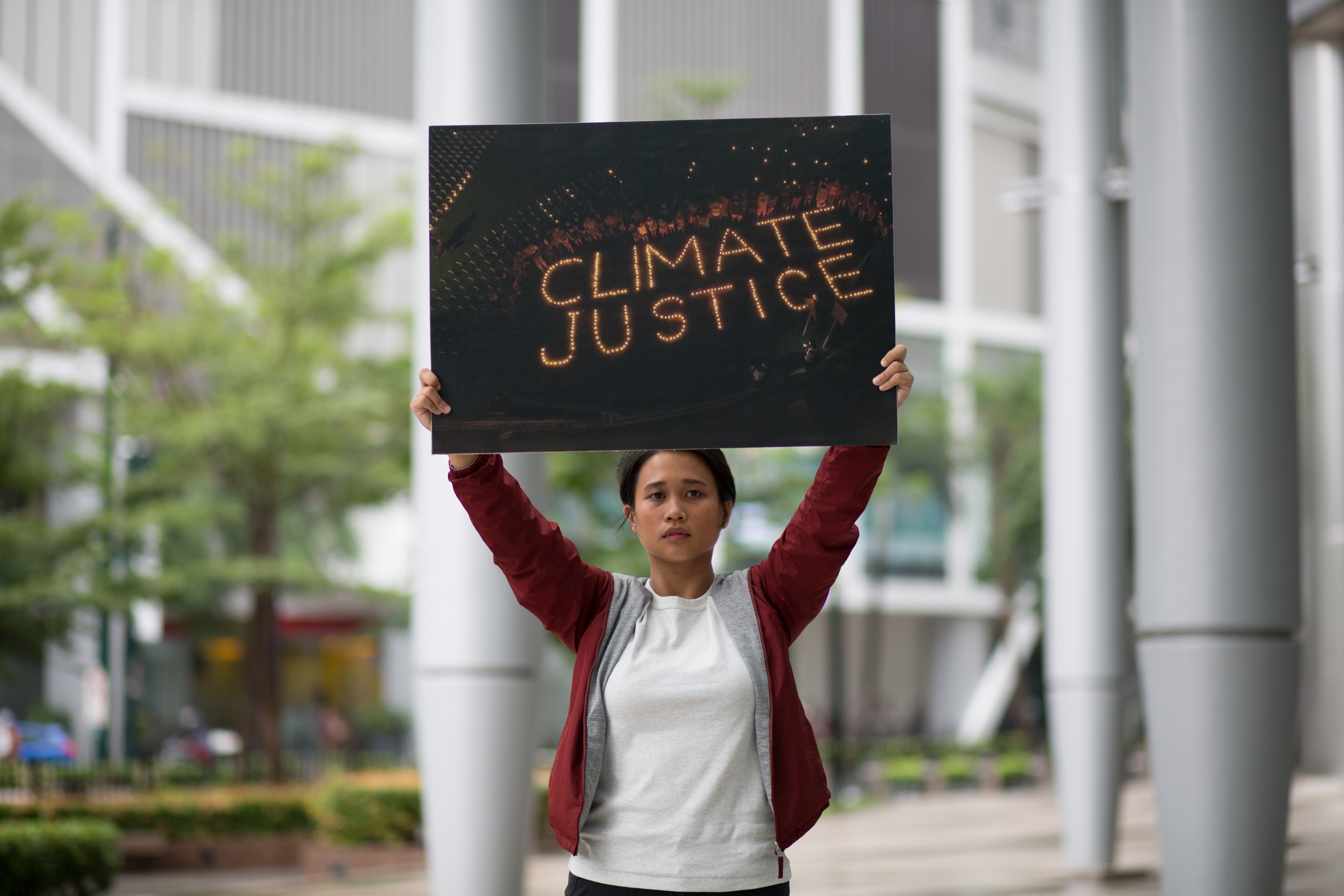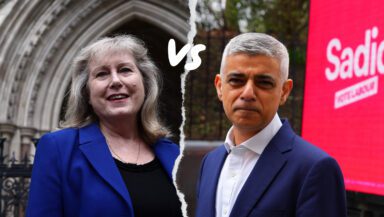What’s in the document?
The evidence itself is part of a complex legal document. But the key points are easy to understand.
1. Fossil fuels drive climate change. Climate change ruins lives.
Fossil fuels are Shell’s main product. They’re also the largest source of greenhouse gas emissions and there is no doubt they have caused the climate crisis.
Climate change makes extreme weather more frequent – and more lethal. It drives severe storms, tropical cyclones, hurricanes, typhoons, flooding and sea level rise, heatwaves, wildfires, drought, water shortage, increased air pollution, spread of infectious disease, loss of biodiversity and ecosystem collapse.
2. Shell has known this for more than four decades.
In 1981, Shell commissioned a “greenhouse gas effect” study from the Climate Research Unit at University of East Anglia.
This work continued through the 1980s and 90s. A brochure produced by Shell in 1998 titled “Climate Change, what does Shell think and do about it” acknowledged that Shell “must play their part in the necessary precautionary measures to limit greenhouse gas emissions”.
3. Shell is knowingly making things worse by growing its fossil fuel business.
In 2022, Shell produced the equivalent of 1.174 billion tonnes of CO2. That’s more than all but six countries, and almost three times greater than the emissions of the UK. Shell’s emissions are set to rise by 3% by 2030.
Shell is committed to exploring and opening further new oil and gas fields despite experts saying this is inconsistent with the 1.5 degrees target. The company spent $1.7bn US Dollars on new oil and gas exploration in 2022, while scaling back its renewables and low carbon business.
4. Shell has misled the public about its low-carbon activities.
Shell falsely claims that its activities and plans are compatible with tackling climate change.
The company has broken advertising standards in the UK and the Netherlands by giving consumers a misleading impression that it was more involved in low-carbon activities than it has been in reality.
Read the full evidence document that Shell is trying to remove.
We won’t back down
Since as early as 1981, Shell has known that burning fossil fuels will drive more disastrous flooding, heatwaves, and storms that ruin people’s lives. And still, it is opening massive new oil and gas projects that will only make this worse.
This is why Greenpeace peacefully protested on Shell’s oil platform in 2023, which sparked this lawsuit in the first place.
And it’s why we won’t stop campaigning until Shell and the rest of the industry stops drilling and starts paying for the climate damage they’re causing.
Whatever happens in court, Shell can’t stop us from demanding they stop drilling for new fossil fuels and start paying for their climate destruction. The stakes are too high for us to give up.
Together we can defeat Big Oil and build a cleaner, greener future for everyone. A first step in this fight is to face down Shell in this court case.




